As Memorial Day approaches, the covers are coming off pools and people are getting ready to ~dive in~.
Here to spoil all the fun: a new report that basically found out pools are full of diarrhea.
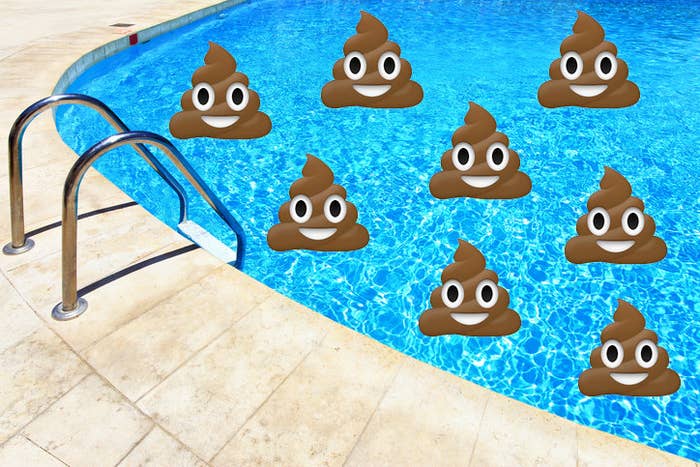
So apparently 1 in 4 adults would hop in a pool within an hour of having diarrhea — but you're actually supposed to wait two weeks to avoid contaminating the pool.
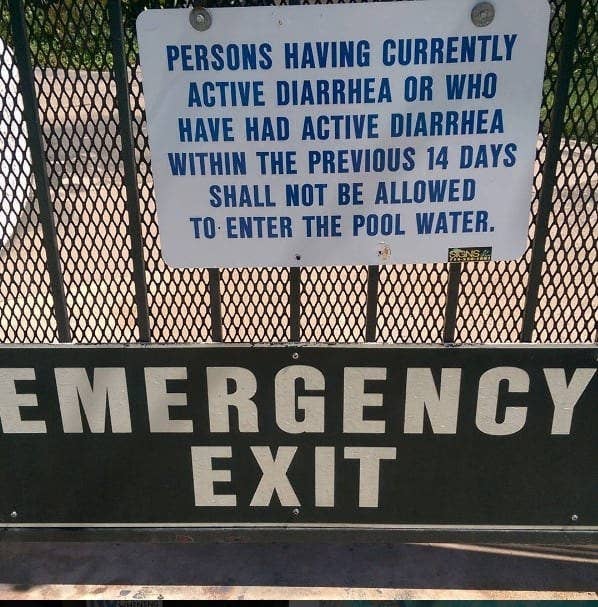
Diarrhea is a problem because it can contaminate the entire pool with pathogens and make other swimmers sick.
We already know that pools contain fecal matter — and it's not just from kids having accidental poops. We all have a little residual feces on our bodies, unless we're literally soaping up or using a bidet continuously throughout the day.
"Adults shed an average of 0.14 grams of feces each swim, which is equivalent to the weight of one pea," Reynolds previously told BuzzFeed Health. Children shed even more poop — and don't even get us started on those "swim diapers."
But unlike regular poop, diarrhea often contains pathogens. These include bacteria (E. coli, shigella, campylobacter), viruses (hepatitis A, typhoid), and parasites (giardia, cryptosporidium). These diarrheal pathogens spread through contaminated water, food, or surfaces via the fecal-oral route.
The biggest concern is a nasty parasite called Cryptosporidium, which is the most common cause of diarrheal illness and pool outbreaks.
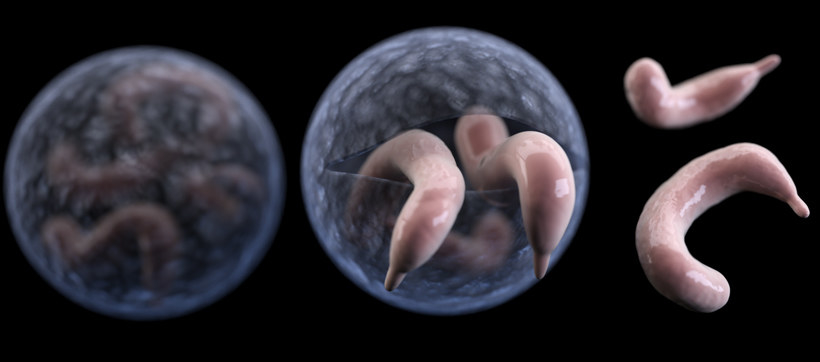
Sure, chlorine is great at destroying germs — but Crypto is actually chlorine-tolerant and can live in pools for days.
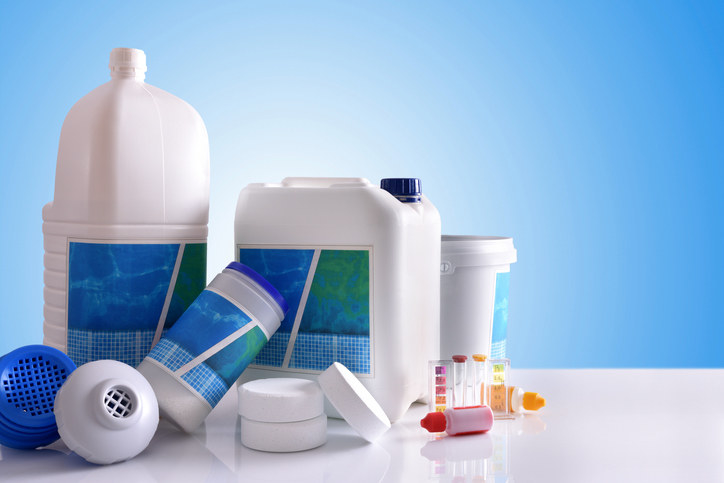
Washing your body (ahem, nether regions) can reduce the risk of contamination, but most people aren't showering before swimming.
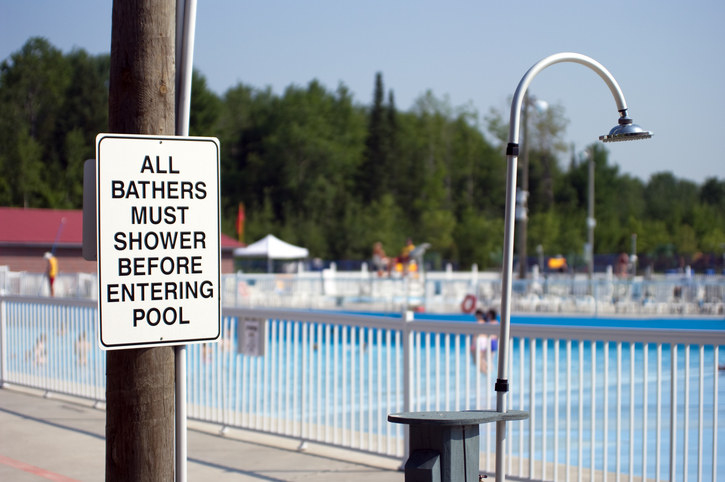
You should also avoid ingesting any pool water, which is actually harder than you'd think.
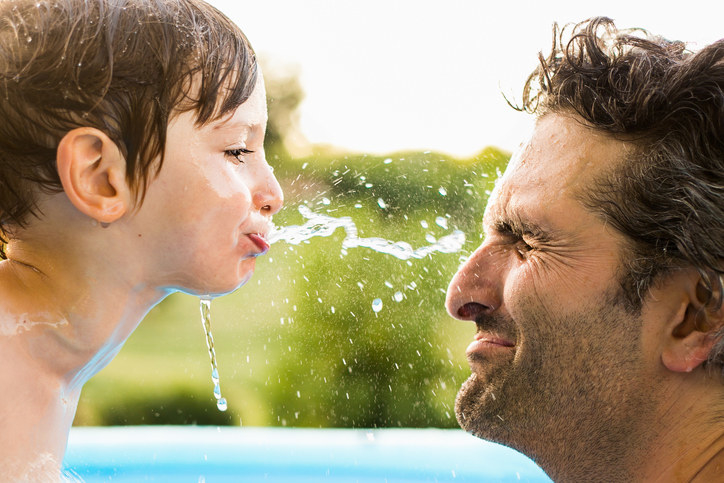
So to sum up: Follow the two-week rule after a bout of diarrhea. Always shower before you hop in the pool. And don't swallow pool water, because no one can be trusted to follow these rules.
Even if you've never gotten sick from a contaminated pool and don't think it'll happen to you, it's still good to follow these practices for the greater good.
Keeping a pool clean, and therefore fun, for everyone really depends on swimmers being considerate of one another and following the rules. And we're talking about public and private pools here, so don't think you're off the hook if you're swimming in your own backyard.
If you have a pool or you're worried about your own, you can get a free testing kit through the Water Quality and Health Council (click here to get one). The kit allows you to quickly test any pool to ensure proper pH and chlorine levels.
